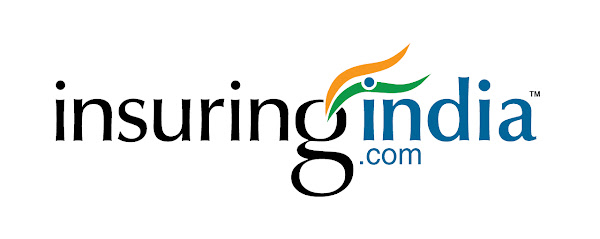The Insurance Regulatory and Development Authority (IRDA) has restricted International General Electric Corporation (IGE) and J&K Bank from subscribing to a fresh issue of shares by MetLife India.
Issuing fresh shares is a part of process of inducting state-run Punjab National Bank into the life insurance company. The regulator has cleared the proposal, but with riders. IGE holds a 20.3% stake in the life insurance joint venture while Jammu & Kashmir Bank holds 11.26%.
After performing an exhaustive study, the regulator found that certain regulatory issues do not allow some of the existing shareholders to subscribe to the fresh issue and asked them not to subscribe to it.
The regulator in a circular said, "This constraint (of some existing shareholders to subscribe to new shares) was impacting the solvency position of the insurer and limiting its ability to grow.”
The deal will be cleared after some of the existing shareholders reduce their stake. As per the law, Insurance companies are mandated to maintain a 1.5% solvency margin.
After the induction of Punjab National Bank with 30% stake in the joint venture, the stake of MetLife will drop to 18%. If industry sources are to be believed, Jammu & Kashmir Bank is all set to sell its shares to MetLife. As per the current law, a foreign insurer cannot own more than 26% stake in India.
Industry sources indicate that Punjab National Bank (PNB) is picking up 30% stake in the joint venture life insurance, MetLife India for free. The insurer has already paid an upfront commission of over 500 crore to the bank. The transaction will mark PNB's entry into the life insurance space and will give MetLife a wider reach through bancassurance.
MetLife India is a joint venture between Jammu & Kashmir Bank, the US-based MetLife International (26%) and private investors, including Elpro International (13%) and M Pallonji Group (26.1%).
Issuing fresh shares is a part of process of inducting state-run Punjab National Bank into the life insurance company. The regulator has cleared the proposal, but with riders. IGE holds a 20.3% stake in the life insurance joint venture while Jammu & Kashmir Bank holds 11.26%.
After performing an exhaustive study, the regulator found that certain regulatory issues do not allow some of the existing shareholders to subscribe to the fresh issue and asked them not to subscribe to it.
The regulator in a circular said, "This constraint (of some existing shareholders to subscribe to new shares) was impacting the solvency position of the insurer and limiting its ability to grow.”
The deal will be cleared after some of the existing shareholders reduce their stake. As per the law, Insurance companies are mandated to maintain a 1.5% solvency margin.
After the induction of Punjab National Bank with 30% stake in the joint venture, the stake of MetLife will drop to 18%. If industry sources are to be believed, Jammu & Kashmir Bank is all set to sell its shares to MetLife. As per the current law, a foreign insurer cannot own more than 26% stake in India.
Industry sources indicate that Punjab National Bank (PNB) is picking up 30% stake in the joint venture life insurance, MetLife India for free. The insurer has already paid an upfront commission of over 500 crore to the bank. The transaction will mark PNB's entry into the life insurance space and will give MetLife a wider reach through bancassurance.
MetLife India is a joint venture between Jammu & Kashmir Bank, the US-based MetLife International (26%) and private investors, including Elpro International (13%) and M Pallonji Group (26.1%).




